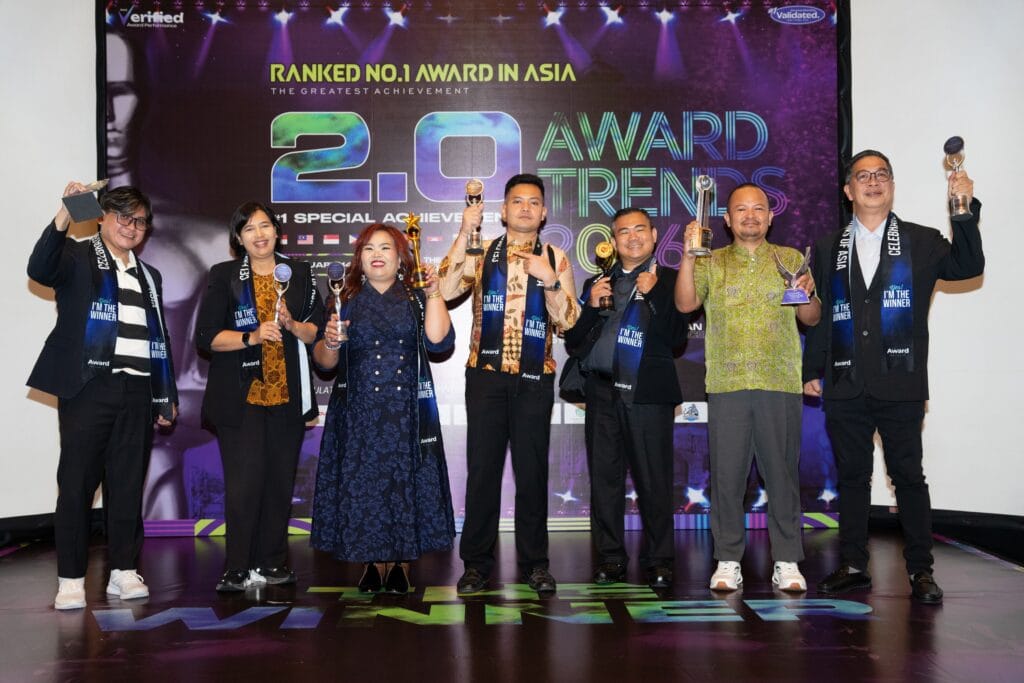Singapore – In a region defined by volatility, dense competition, and digital acceleration, resilience has taken on new meaning. At the 2025 FedEx Asia Pacific Small Business Grant Contest (SBGC), held in tandem with the Forbes Asia 100 to Watch Forum, four standout startups from India, Singapore, and Indonesia showcased how strategic agility and technology adoption are now central to regional economic resilience.
Kawal Preet, President of Asia Pacific at FedEx, emphasized three imperatives for business survivability in today’s climate: leveraging technology for smarter decision-making, adapting to shifting trade dynamics, and collaborating for scale. In Southeast Asia—where regulatory flux, infrastructure gaps, and digital divides persist—these insights are timely.
Four Nations, One Shared Outlook
The SBGC finalists underscore a continent-wide shift: innovation is no longer siloed to major tech hubs—it’s emerging from diverse markets, solving global-scale problems through local ingenuity.
- India’s Digantara has positioned itself at the intersection of spacetech and defense intelligence. Its real-time satellite monitoring and orbital awareness tools not only address debris mitigation but now also include missile warning systems—a shift that aligns with India’s evolving defense posture and space policy.
- Singapore’s Aliena, with its proprietary compact satellite propulsion engines, is targeting data delivery and orbital flexibility. Its strong base in Singapore’s defense-compliant ecosystem enables exports to the U.K., E.U., and Middle East. This model demonstrates how small, well-funded ASEAN startups can compete globally with precision-engineered offerings.
- NEU Battery Materials, also from Singapore, is unlocking sustainable growth by profitably recycling lithium iron phosphate batteries—a segment previously considered economically unviable. Its low-pollution, high-yield approach directly supports the region’s EV adoption goals and circular economy mandates, echoing policy ambitions from Thailand to Vietnam.
- Indonesia’s McEasy is tackling the region’s most stubborn logistics challenge: fragmentation. By combining AI cameras, GPS, and predictive analytics, it offers enterprise-level fleet management solutions at national scale. Serving 2,000 clients and 40,000 fleets, McEasy is building the digital backbone for an integrated Indonesian logistics network—key to both domestic supply chain efficiency and regional trade.
Strategy Beyond Scale
While these companies differ in sector and geography, their common denominator is adaptability through tech—and a business model built for uncertainty. Each startup has successfully attracted institutional backing, signaling confidence not only in their products but also in their execution frameworks.
These cases serve as living examples of how innovation ecosystems in Asia are shifting from startup-to-scaleup—enabled by smart capital, public-private collaboration, and geopolitical necessity.
With China, India, and ASEAN increasingly looking inward for supply chain resilience and technological self-sufficiency, startups like these could soon become vital components of national economic strategy. Whether in clean energy, space intelligence, or trade infrastructure, these businesses are more than commercial ventures—they are instruments of long-term regional competitiveness.
FedEx and the Resilience Mandate
Kawal Preet concluded, “These founders are not only solving critical challenges—they are defining what it means to be future-ready in Asia. At FedEx, we are committed to matching their energy with a smarter, more responsive network of our own.”
The SBGC is more than an award—it is a mirror of Asia’s transformation. It suggests that the resilience of the region will not just come from governments or conglomerates—but increasingly, from bold, tech-enabled visionaries working across borders.









